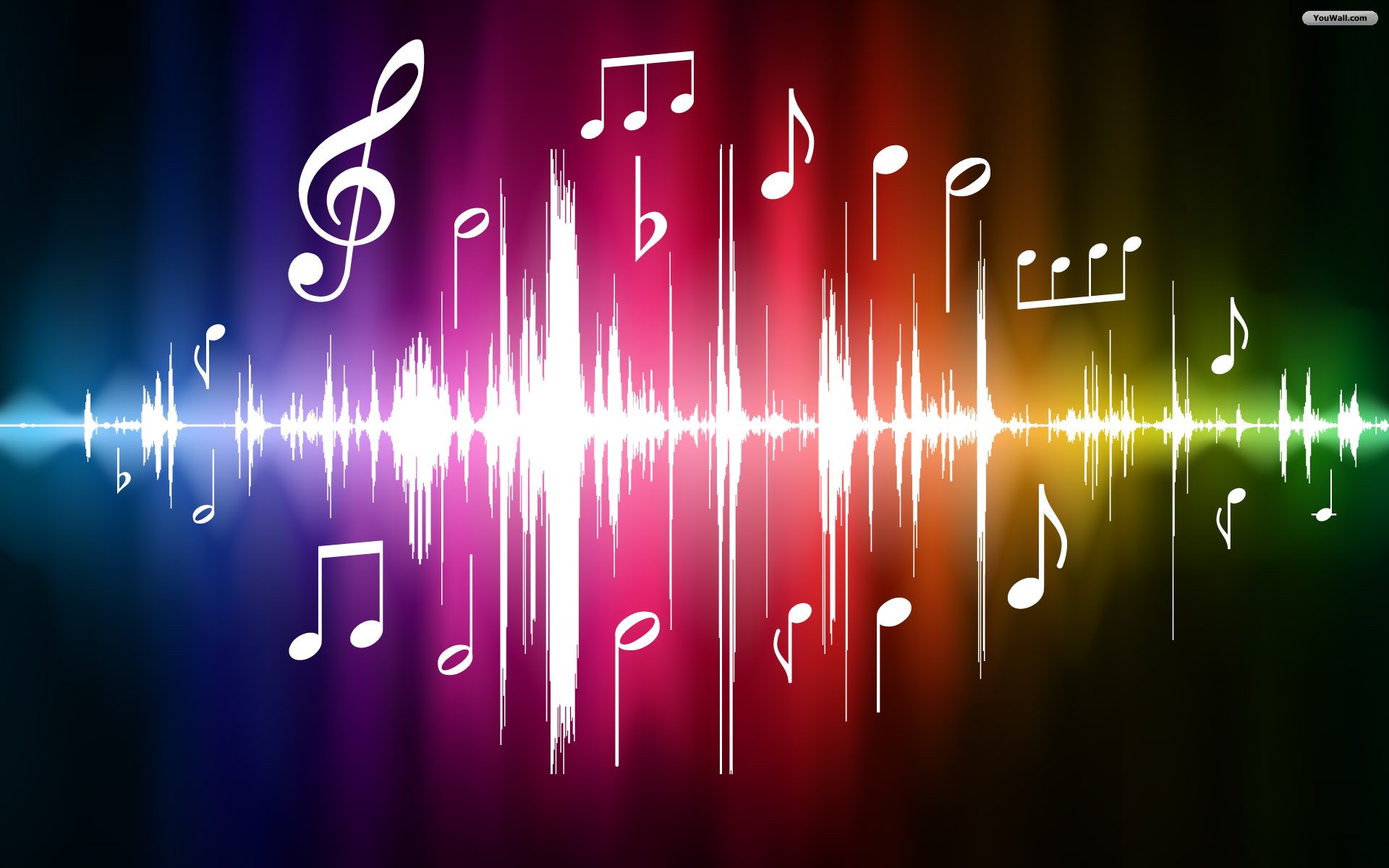Music, often hailed as a universal language, possesses an extraordinary capability to transcend cultural barriers and communicate profound emotions and ideas. In the framework of Bahá’í teachings, music is regarded as more than mere entertainment; it is conceptualized as “food for the soul.” This article endeavors to elucidate the multifaceted role of music in Bahá’í thought, exploring its spiritual significance, emotional resonance, and societal impact.
The Spiritual Significance of Music in Bahá’í Teachings
At its core, the Bahá’í Faith emphasizes the pivotal role of spirituality in human existence. Music, as articulated in Bahá’í scripture, is revered as a vehicle for spiritual upliftment. Abdu’l-Bahá, the son of the founder of the Bahá’í Faith, illustrated how music can evoke the presence of divine inspiration. He asserted that music has the power to elevate the soul toward the realms of the spiritual, acting as a bridge between the material and ethereal worlds.
This transcendental quality of music is reinforced in several teachings, which suggest that listening to and creating music can foster a deeper connection with the divine. The rhythmic cadence of music can miraculously stimulate spiritual contemplation, facilitating an individual’s journey toward enlightenment. Consequently, Bahá’ís are encouraged to engage with music that nourishes their spiritual aspirations, promoting an environment where the soul can thrive.
Emotional Resonance and Healing through Music
Beyond its spiritual attributes, music holds significant emotional power, capable of articulating sentiments that words often fail to express. The Bahá’í perspective recognizes music as a form of healing—a balm for the wounds of the heart. The emotional resonance found in melodies can evoke compassion, joy, and solace among listeners. Such effects are integral to understanding the comprehensive impact of music on the human experience.
In Bahá’í communities, music often serves as a medium for emotional expression during gatherings and celebrations. Whether it is through uplifting hymns or contemplative compositions, the communal experience of music fosters unity, strengthens bonds, and promotes a sense of belonging. In this context, music is not only an auditory experience; it transforms into a shared emotional journey that reinforces the principle of oneness, a fundamental tenet of the Bahá’í faith.
Types of Music Celebrated in Bahá’í Communities
The diversity of musical expression is a hallmark of Bahá’í gatherings. Various genres—from classical compositions to folk traditions—can find a place within this spiritual community. Furthermore, the Bahá’í teachings advocate for the incorporation of different cultural musical styles, which is reflective of the faith’s inclusive philosophy. This diversity extends to the following categories of music:
- Devotional Music: Specific compositions designed to elevate spirituality and foster meditation, often inspired by the writings of Bahá’u’lláh and Abdu’l-Bahá.
- Traditional Folk Music: Local melodies that resonate with cultural heritage while celebrating the unifying messages of love and peace.
- Modern Spiritual Music: Contemporary compositions that address the themes of unity, love, and the search for truth, catering to broader audiences.
Each category carries distinct principles and emotional qualities, thus contributing to the richness of Bahá’í musical experiences.
Music as a Catalyst for Social Change
Music has historically played a pivotal role in effecting social change and inspiring movements for justice. The Bahá’í teachings encourage followers to utilize music as a powerful tool for advocacy and transformation. In this light, musicians are viewed not just as entertainers but as agents of progress who can evoke awareness around social issues, emphasizing themes such as equality, justice, and peace.
Bahá’ís are inspired by the notion that music can serve as an impetus for collective action. Through songs that echo ideals of unity and compassion, artists can galvanize individuals to partake in movements aimed at eliminating prejudice and promoting understanding. In this way, the Bahá’í perspective on music interconnects the spiritual with the practical, urging individuals to harness creative expression for the betterment of society.
The Role of Music in Personal Development
Engaging with music—whether through composition, performance, or active listening—has profound implications for personal development. The Bahá’í teachings emphasize the interconnection between culture and individual growth. Music can enrich the mind and spirit, fostering creativity, critical thinking, and emotional resilience.
Through music, individuals discover and express their unique identities. Participating in musical activities fosters self-discipline and collaboration, promoting qualities such as empathy and teamwork. In Bahá’í communities, collective music-making experiences, such as choirs and ensemble performances, serve as opportunities for personal development and mutual support.
Conclusion: Embracing Music as Food for the Soul
In conclusion, music, within the context of Bahá’í teachings, transcends mere auditory enjoyment; it is a profound expression of the soul’s longing for unity and connection with the divine. Serving as a font of spiritual nourishment, emotional healing, a catalyst for social change, and a tool for personal development, music is embraced as a holistic phenomenon that enriches the human experience. It aligns closely with the Bahá’í commitment to fostering an atmosphere where the principles of love, equity, and understanding can flourish. Each note, melody, and lyric becomes a path through which individuals can better navigate the complexities of life, ultimately reinforcing the rich tapestry of human existence.
